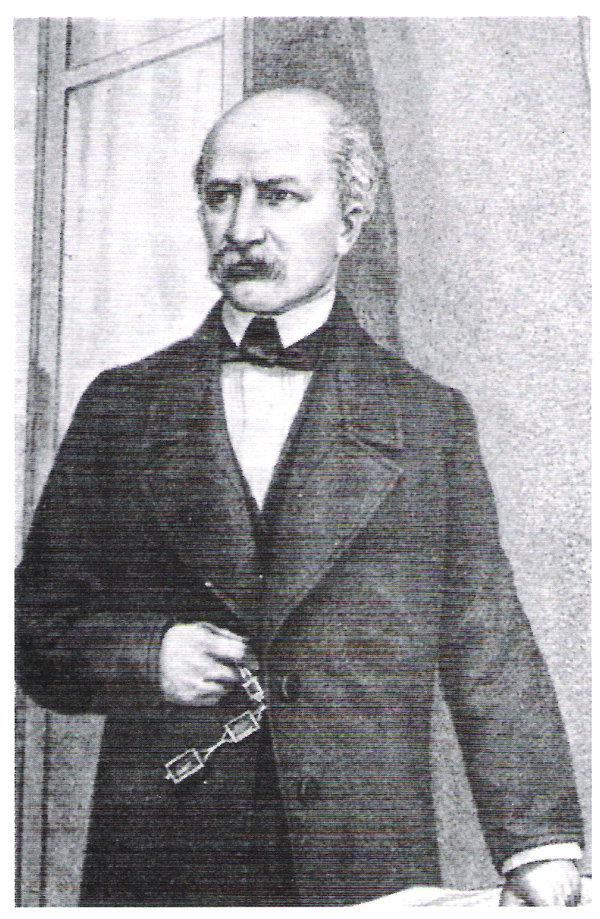TheLocal.it - February 7, 2019
Both Italy and Switzerland are paying tribute to the philosopher and revolutionary who helped shape modern Italy
Italian President Sergio Matterella today paid tribute to Italian philosopher Carlo Cattaneo, who died on February 5 1869, and a series of special events was announced to commemorate his life and work
Cattaneo is best known as an influential figure in the 'Risorgimento', the Italian unification movement led by Garibaldi.
He led Milan’s city council during the 1848 uprising in Lombardy against an occupation by Austrian forces under Marshal Radetzky.
In the so-called Five Days of Milan, residents of the northern Italian city rose up and boycotted tobacco and gambling, key revenues for the Austrians – which resulted in violent street clashes.
That protest is widely seen as the one of the incidents that kickstarted the Risorgimento, and Italy's drive towards independence and a unified nation state.
READ ALSO: Everything you need to know about March 17th, Italy's Unity Day
When the Austrians returned to occupy Milan in revenge for the uprising led by Cattaneo, the Italian philosopher was forced to flee to Lugano in late 1848, where he wrote his most famous work, History of the 1848 Revolution.
He died just over 20 years later in 1869 outside the Italian-speaking Swiss city of Lugano, where he had spent the last 20 years of his life in exile.
President Mattarella today described Cattaneo as “a great figure of the Italian Risorgimento, a builder of national unity, and a multifaceted intellectual who was able to combine thought with courageous political action aimed at progress and to social justice.”
 He said Cattaneo’s thinking was still relevant across Europe today.
He said Cattaneo’s thinking was still relevant across Europe today.Cattaneo "was among the first to formulate the goal of the United States of Europe, as a framework of authentic federalism capable of maintaining independence, unity, freedom and solidarity,” he said.
“Thinking that still speaks to our responsibility as Europeans, today, in the face of the great changes we are experiencing.”
Now the Carlo Cattaneo Association, the Italian-Swiss Committee for the publication of Cattaneo's works, has organised events in both countries to mark the anniversary.
A series of talks and events in schools, museums and universities will cover everything from the philosopher's impact on European thought to his contemporary relevance.
The Five Days of Milan uprising, as well as other similar revolts across the Italian peninsula in 1848, contributed to Italy's First War of Independence.
Cattaneo was elected to the Italian parliament several times after Italy's unification in 1861. Each time he refused to take up his seat, citing resistance to swearing an oath to the king.
Cattaneo always rejected Cavour and Garibaldi's overtures to join their movement because of opposition to its patron, Victor Emmanuel II, the king of the House of Savoy in Piedmont. Cattaneo was a lifelong and staunch republican.
Cattaneo died in 1869 in Castagnola, Lugano, an Italian-speaking part of Switzerland.
As Cattaneo was an important figure for both Italy and Switzerland, the commemorative events being held from March to October 2019 is transnational.
"Catteneo is one of the most important Italian-Swiss exiles," Pietro Montorfani, head of Lugano's historical archive, told The Local.
Events are scheduled in Lugano in the canton of Ticino in Switzerland, as well as in the Italian cities of Milan and Castellanza, home to Carlo Cattaneo University.
con't....
.


No comments:
Post a Comment